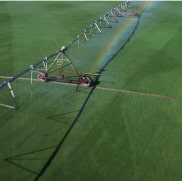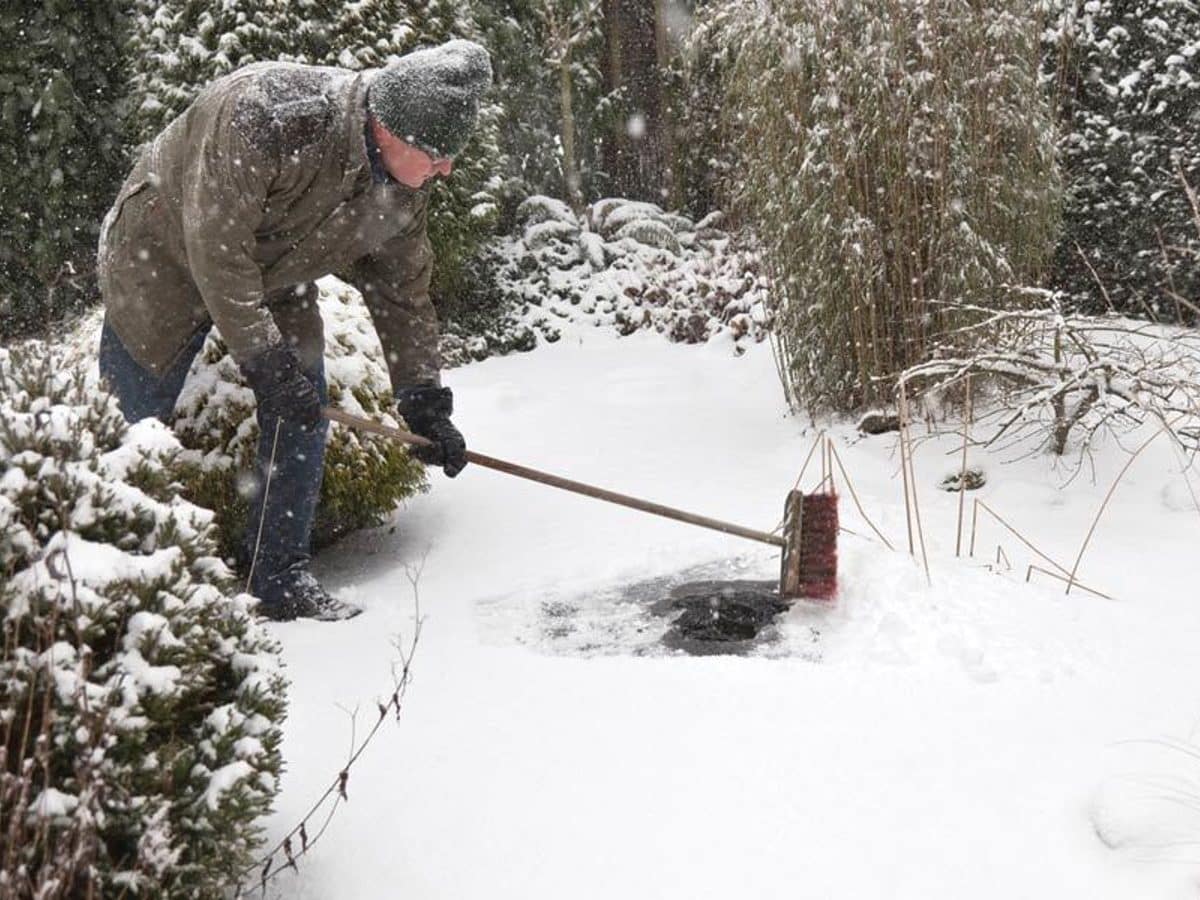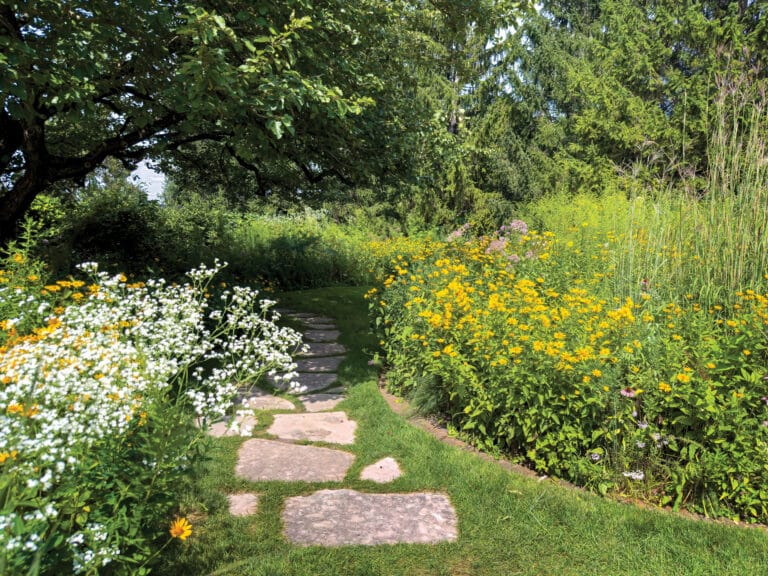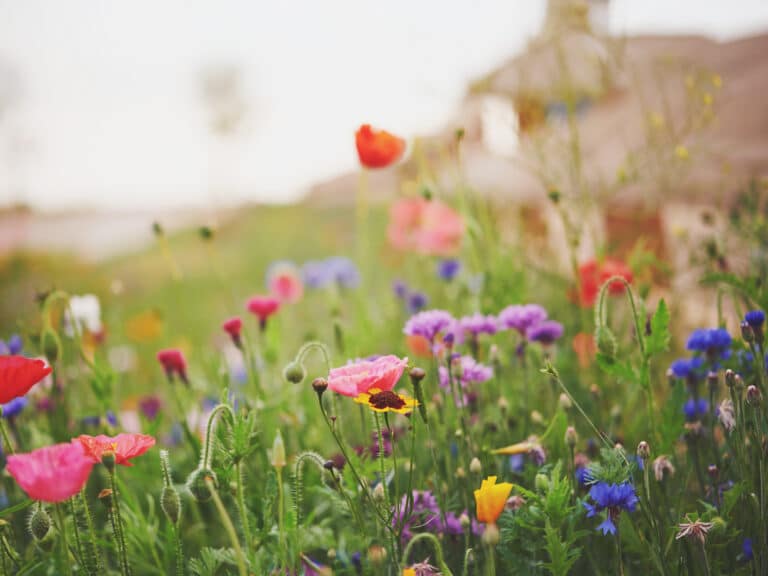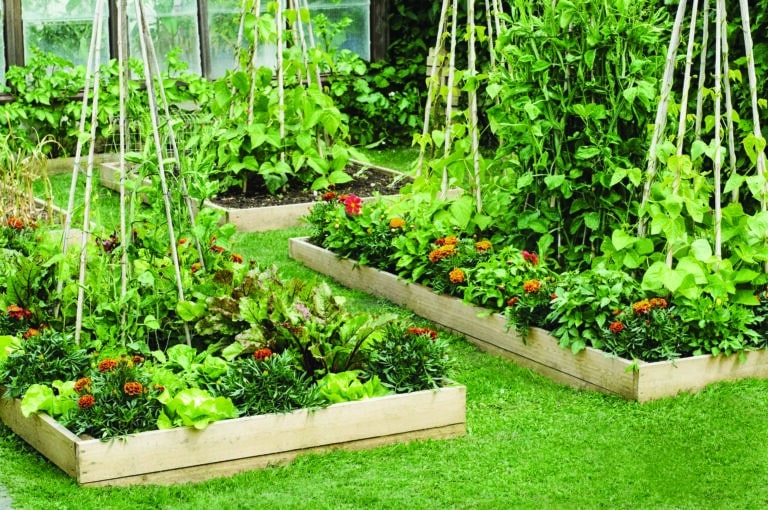Winter is coming, and your pond needs to be protected from the cold elements. Here are some tips to help you get your pond, and the creatures that live there, bundled up for winter.
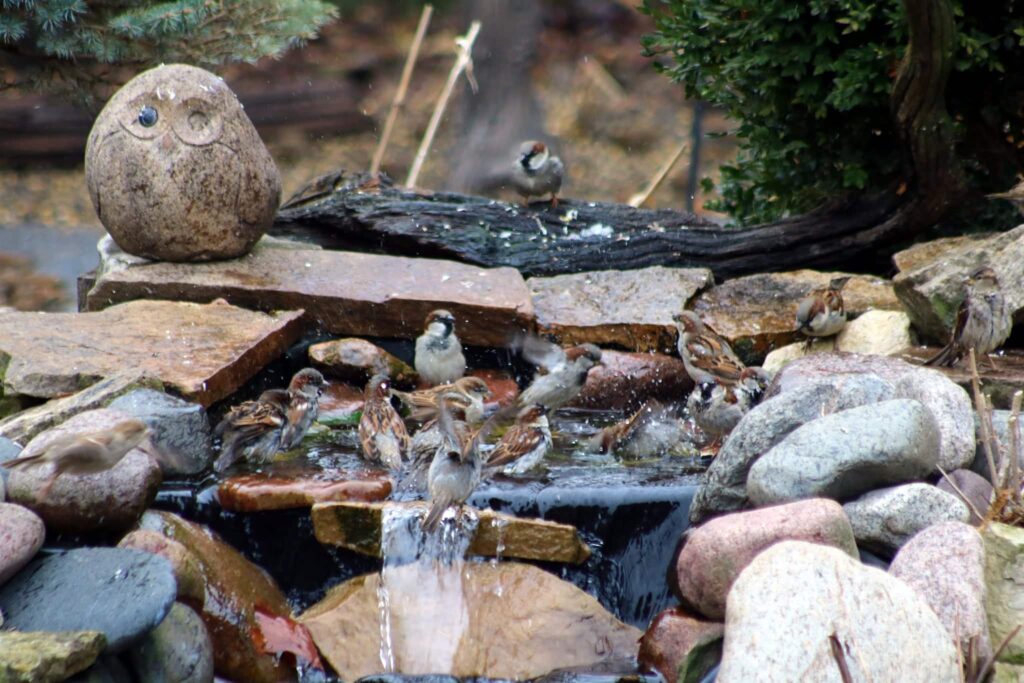
Pond Prep Steps
- Don’t leave fallen leaves in your pond accumulate. Netting is available to help with this. Many types of leaves can clog your pond. They make your water turn brown, and are toxic to the fish that live there.
- Stop feeding pond plants. Pond plants need time to transition into dormancy for the winter. Depending on the kind of plants you have, you may have to lower your plants into deeper water. Or, take larger, more hardy plants inside for the winter season.
- Think about your fish. Goldfish and Koi can winter outside in it if your water is at least 24 in. deep (30-36 in. is preferable). As long as water temperatures remain above 50 degrees, you can continue to feed your fish and let them winter in their outdoor pond.
- Change your water. This is not something you have to do before winter sets in. However, if you were going to do a partial water change anyway, make sure to do so before the water temperature drops below 50 degrees to avoid stress to the fish.
- Keep an open hole in the ice. If your fish are wintering in the pond, they need oxygen and their gasses need to escape. Making a hole in the ice is a priority all winter to make sure your fish don’t suffocate.
- A pump can maintain the hole in the ice. As long as the temperature isn’t too cold, removing the tube from your pump can cause the water to shoot up and keep the hole in the ice from freezing over.
- When temperatures become colder, use a de-icer. You can also attach an air stone to keep oxygen in the water to help you maintain a hole in the ice during the colder parts of the season. We recommend always having a backup de-icer on hand for emergencies.
- Never pound on the ice to break open a hole. Shock waves can kill your fish. If your pond ever completely ices over, you can thaw out a hole by continuously pouring boiling water in one spot.
- Break down and empty any water out of pond box filters. If water is allowed to freeze in a box filter, it may crack the box.
If you have any questions about how to effectively get your pond ready for winter, stop by Lurvey Home & Garden Center to get expert answers.






